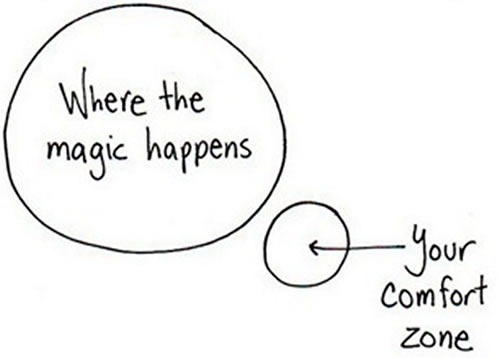
The journey of in vitro fertilization (IVF) is often described as a rollercoaster, marked by moments of soaring hope and gut-wrenching disappointment. But what happens when the ride stops, when the hormones dissipate, and the medical appointments cease? The withdrawal from IVF isn’t just a step back into everyday life; it’s a complex transition that can leave you feeling lost, both physically and emotionally.
The Emotional Aftermath
When you’re in the midst of IVF, your world revolves around a singular goal: achieving pregnancy. Every injection, every ultrasound, and every blood test brings you closer to or further from that dream. But once the cycle concludes, regardless of the outcome, there’s an emotional void that many aren’t prepared for.
The Lull After the Storm
During IVF, the flurry of activity can be consuming. The sudden cessation of this intense focus can feel disorienting. It’s common to experience a sense of emptiness or a loss of purpose. This emotional lull can be a breeding ground for anxiety and depression, as the mind struggles to adjust to a life not dominated by the IVF schedule.
Coping with Outcomes
If the cycle ends unsuccessfully, the grief can be profound. This isn’t just the loss of a potential pregnancy; it’s the loss of hope, of dreams, and of the future you envisioned. Even when IVF is successful, the transition to pregnancy can bring its own set of anxieties and fears, as the journey is far from over. The continued lack of control and uncertainty often continue to prevail.
The Physical Withdrawals:
IVF takes a significant toll on the body. The hormonal treatments, procedures, and constant medical scrutiny can leave you feeling physically drained.
Hormonal Havoc
Your body has been through an intense regimen of hormone manipulation. When these hormones are abruptly stopped, it can lead to a host of withdrawal symptoms. Mood swings, fatigue, and even physical discomfort are common as your body strives to regain its natural balance.
Physical Side Effects
Bloating, weight gain, aches and pains and other side effects from the medications can persist even after stopping treatment. Your body needs time to heal and recalibrate, and this process can be frustratingly slow. It’s crucial to give yourself grace during this period and focus on nurturing your physical well-being.
Finding Your Way Forward
Navigating the withdrawals of IVF requires a compassionate and mindful approach. Here are some strategies to help you through this challenging time:
1. Allow Yourself to Grieve
Give yourself permission to mourn the losses and acknowledge the pain. This is a critical step in healing. Whether it’s the loss of a potential pregnancy or the end of a chapter in your fertility journey, your feelings are valid and deserving of attention.
2. Reconnect with Yourself
IVF can consume your identity. Take this time to reconnect with aspects of yourself that may have been neglected. Engage in activities that bring you joy and fulfillment outside the realm of fertility treatments.
3. Seek Support
Whether through friends, family, or support groups, connecting with others who understand your experience can provide immense comfort. Therapy with a fertility-trained therapist with whom you resonate is invaluable in helping you process your emotions and navigate this transition.
I know (personally) that this is all so hard to endure, but the only way out is through. I’m here to help.







